
Polarized Training Pathway
In collaboration with Dr. Stephen Seiler, the “father of polarized training,” we have curated everything you need to know about the 80/20 training method.
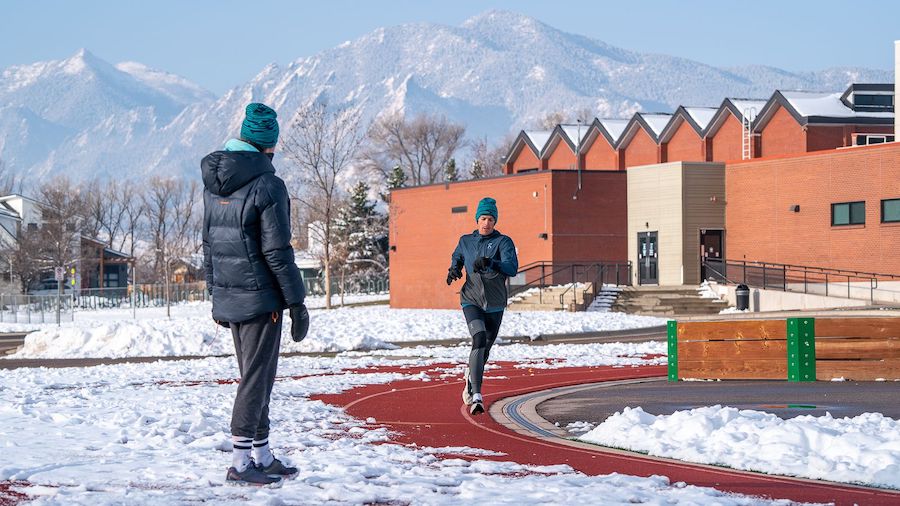
Coaching endurance athletes is an art, a science, and a craft.
We offer this selection of coaching-related articles, videos, workshops, and guides to help coaches begin to explore the support available for coaches through Fast Talk Labs.
Contact us with your questions, clarifications, or requests at coaches@fasttalklabs.com.

In collaboration with Dr. Stephen Seiler, the “father of polarized training,” we have curated everything you need to know about the 80/20 training method.
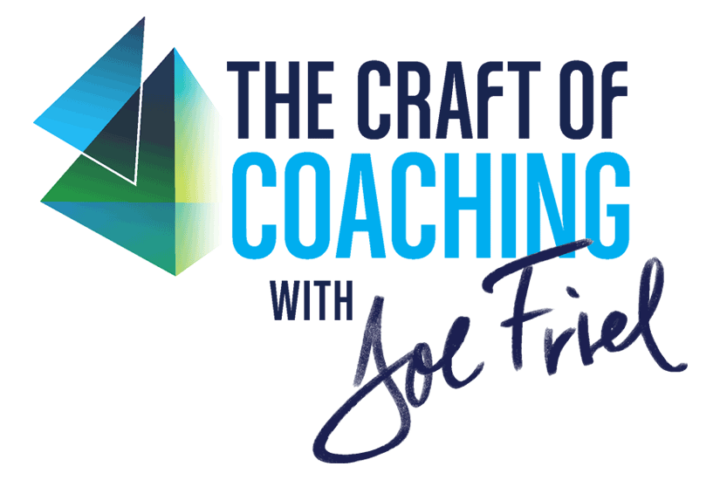
The Craft of Coaching is Joe Friel’s ultimate guide to becoming a better, more successful, and happier coach.
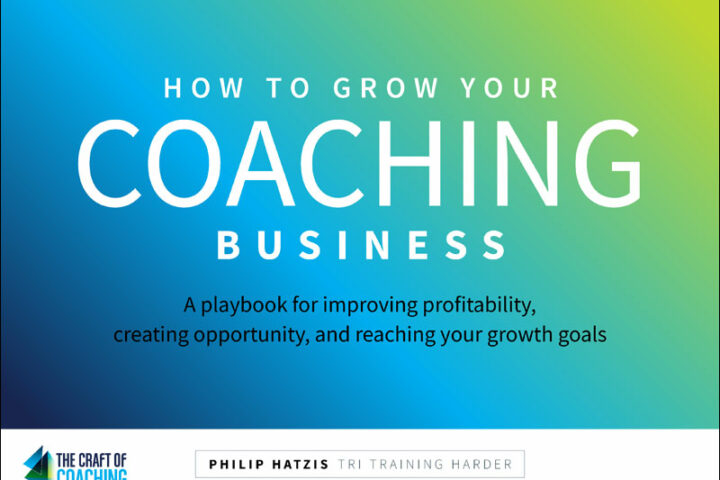
These Playbooks are free downloads that augment the useful content in The Craft of Coaching with Joe Friel through deeper dives into specific aspects of coaching.

Learn advanced data analysis for cycling, triathlon, and running workouts and races. With new data analysis tools, you can make better decisions about your training.
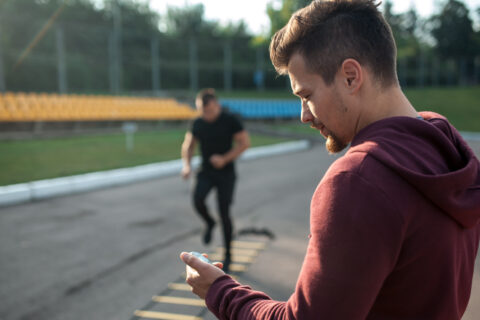
Over a century of training and racing, coaches and athletes have continually experimented with the balance of volume and intensity. Today’s best practices look to maximize both a high volume of training and a small but potent dose of high-intensity work.
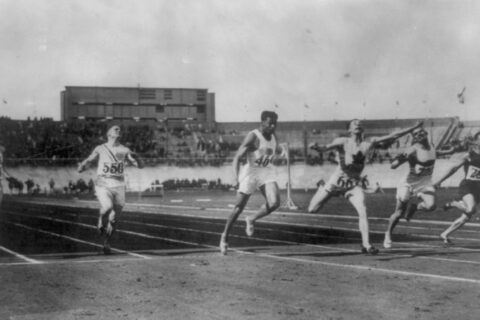
The timely combination of running facilities and stopwatches gave running a leg up on other endurance sports, inviting more structured training and innovation.
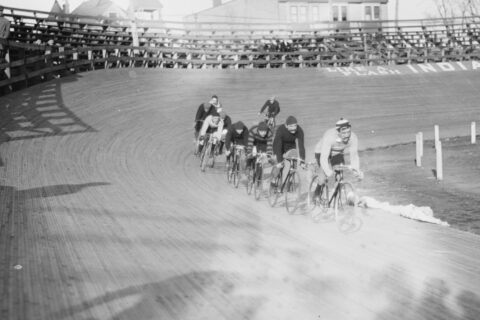
The early European cycling scene was convinced that more miles and more racing made champions. By the 1980s, a new generation of pros was redefining the goal and the roadmap to get there.
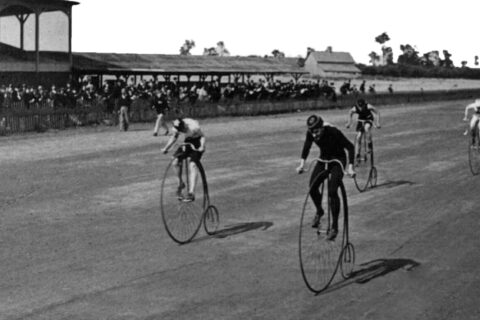
Coach Joe Friel recounts the relatively short history of endurance sports to identify the athletes and coaches that influenced how we train and race today.
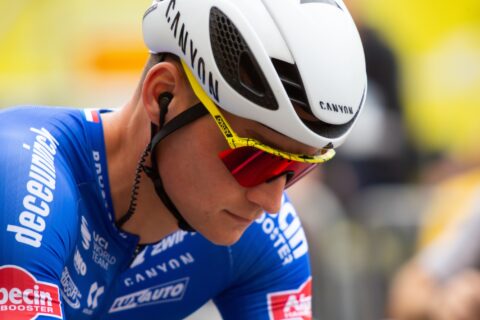
Athletes who want to train and compete in multiple sports require a different approach to training, and to have their expectations managed.
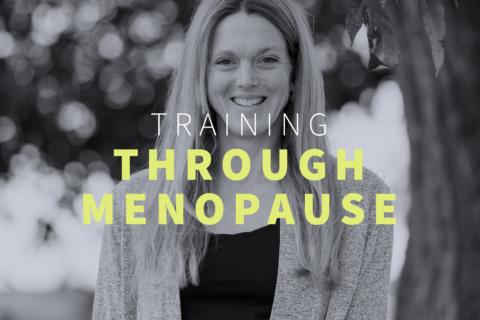
Dr. Stacy Sims gives her advice on how to coach women through all stages of menopause.
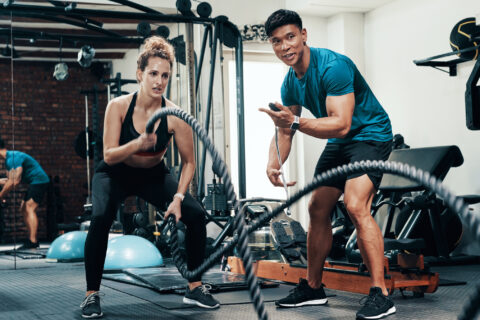
Being a mom and an athlete can require world-class juggling and coping skills. As a coach, how can you best support and empower these athletes? We find out from Coach Alison Freeman (who’s also a Mom-Athlete).
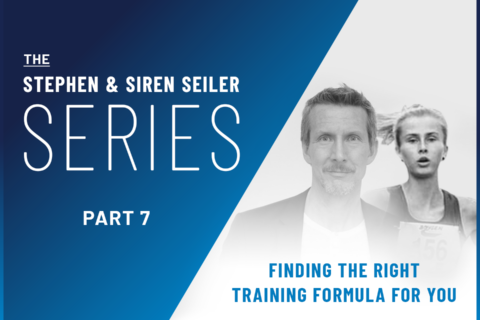
Learning what works best for your training and adaptation can be a process of trial and error, as the Seilers discuss in this latest video.
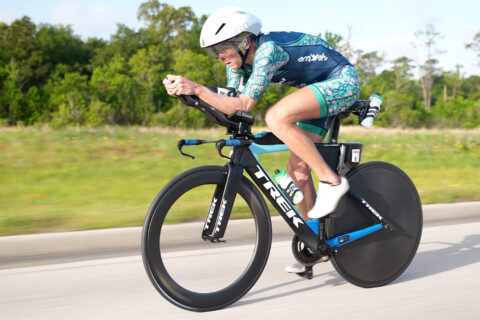
Training mistakes are costly for masters athletes. Coaches who are savvy to aging position their clients for a lifetime of performance.
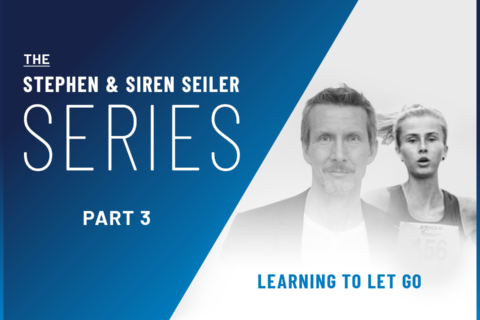
In the third part of our eight-part video series, Siren Seiler talks about learning to let go of expectations and start over after being sidelined with another injury.
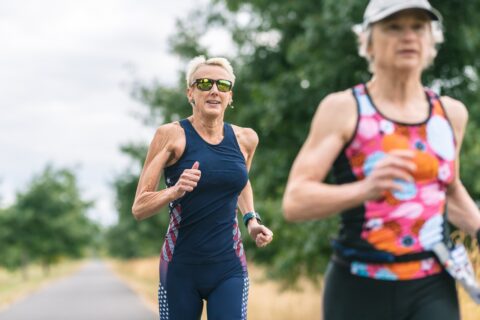
Coach Trevor Connor outlines how coaches and masters athletes can better address the physiology and psychology of aging in their training.
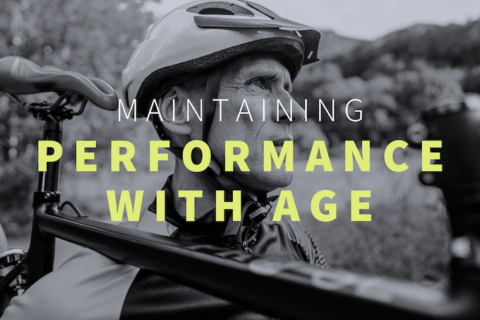
In this video, Joe Friel highlights three key factors for coaches to focus on to ensure their aging athletes remain fit and well.
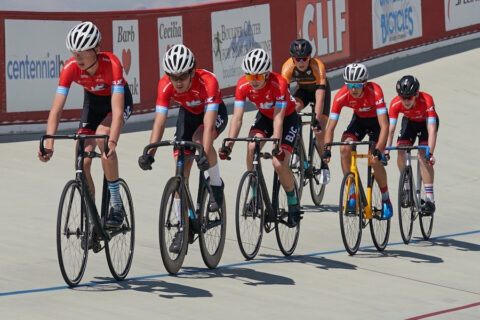
We review some of the key findings in recent research on junior athlete development.

As head coach of one of the nation’s largest junior cycling teams, Pete Webber shifted his program from selection to athlete development.
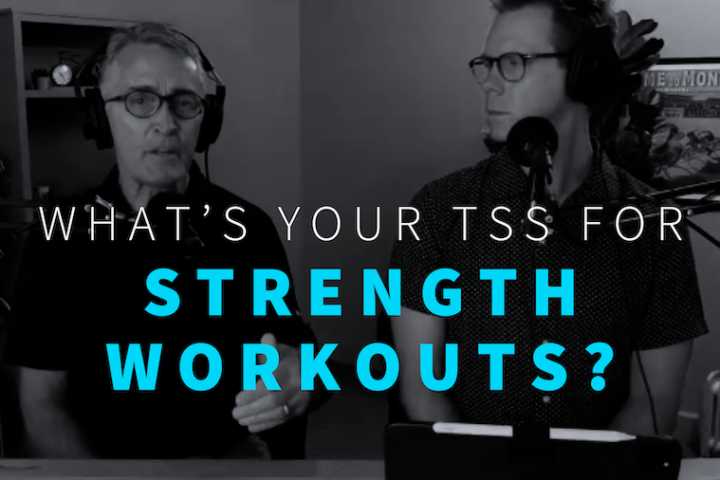
Should strength sessions be factored into an athlete’s Training Stress Score? Joe Friel explains when and how to score cross-training.

Coaches include some components of psychological and social development in an athlete’s preparation. But do you know why and how it works?
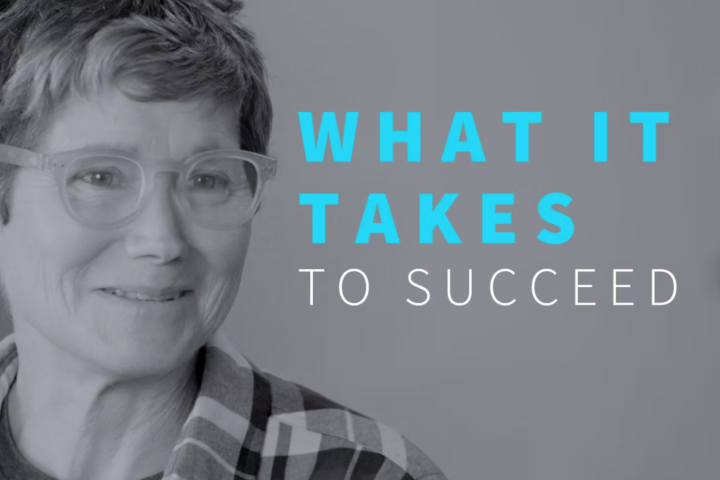
To achieve a top performance an athlete must be both physically and mentally prepared. It’s the mental piece that can be the toughest to coach.

Coach Dave Schell talks with Joe Friel about how he gets buy-in from athletes, and creates a dynamic, athlete-centric training plan specific to their individual needs.